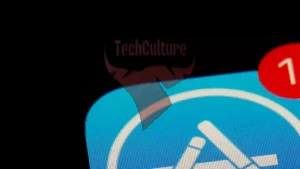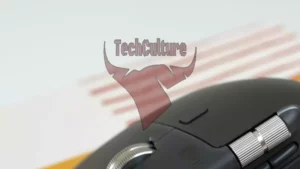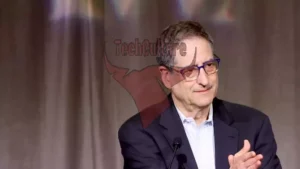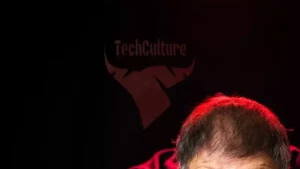OpenAI Grants Limited Access to Training Data in Copyright Lawsuit
In a significant development, OpenAI has agreed to provide authors suing the company for copyright infringement limited access to its closely guarded training data. This marks the first time the artificial intelligence company has allowed an outside party to view the data used to train its AI models.
The agreement, reached between OpenAI and representatives of the authors, comes as part of an ongoing legal battle over the alleged unauthorized use of copyrighted works in AI training. The viewing conditions, however, are highly restricted and tightly controlled.
Access to the training data will be granted only within a secure room at OpenAI’s San Francisco headquarters. Viewers will be limited to using a locked-down computer with no internet or shared network access. The protocols for viewing the data are reminiscent of those used for state secrets, with no outside electronics permitted in the room.
Those granted access must provide identification, sign a visitor’s log, and agree to a non-disclosure agreement. While note-taking will be allowed, making copies of the data is strictly prohibited.
This development comes after a federal judge dismissed the majority of the lawsuit against OpenAI in February. Claims of negligence, unjust enrichment, and vicarious copyright infringement were deemed without merit. However, direct copyright infringement claims remain intact.
The timing, duration, and number of people allowed to view the data simultaneously remain unclear. Legal experts are closely monitoring the situation, as the outcome could set a precedent for how AI companies use copyrighted material in their training processes.
This case is part of a broader legal landscape, with the authors’ attorneys also representing clients in a similar case against Meta. The tech industry is watching closely as these cases unfold, potentially shaping the future of AI development and copyright law.
In related news, OpenAI has recently experienced internal shifts, with several executives departing as control reportedly shifts to CEO Sam Altman. As the company navigates these changes and legal challenges, the AI community awaits further developments in this landmark case.





